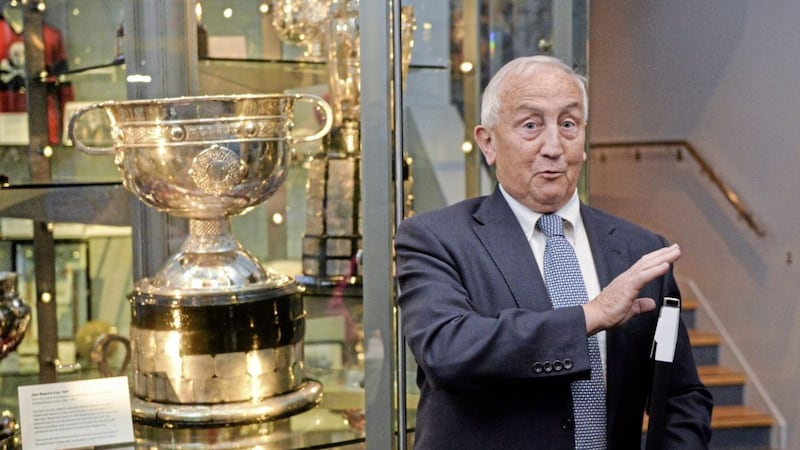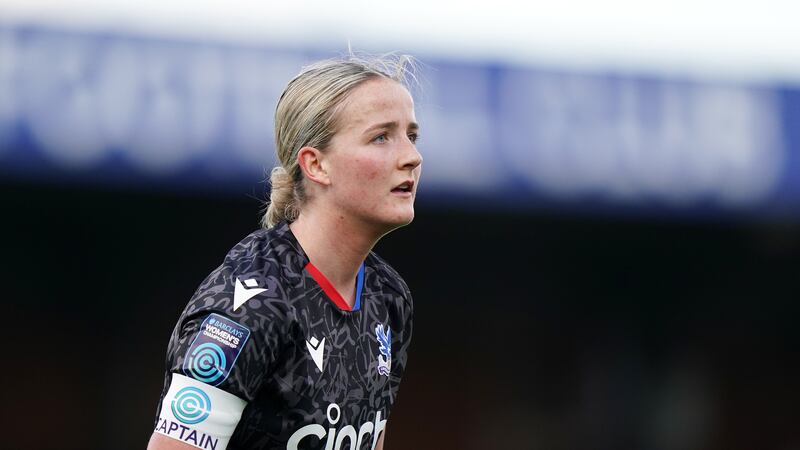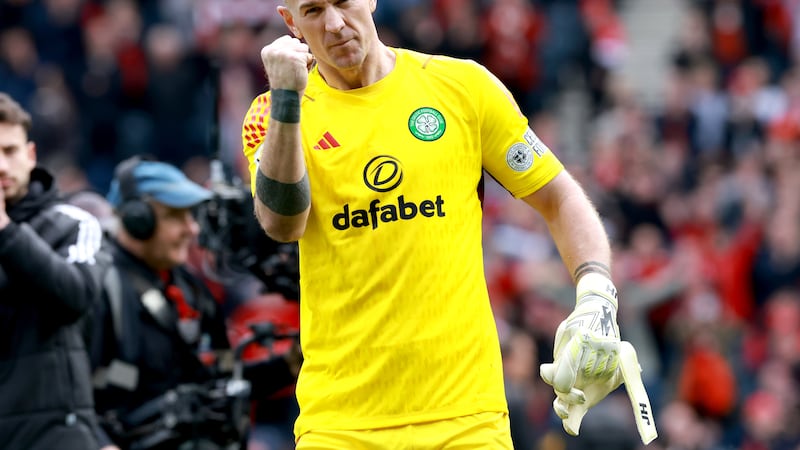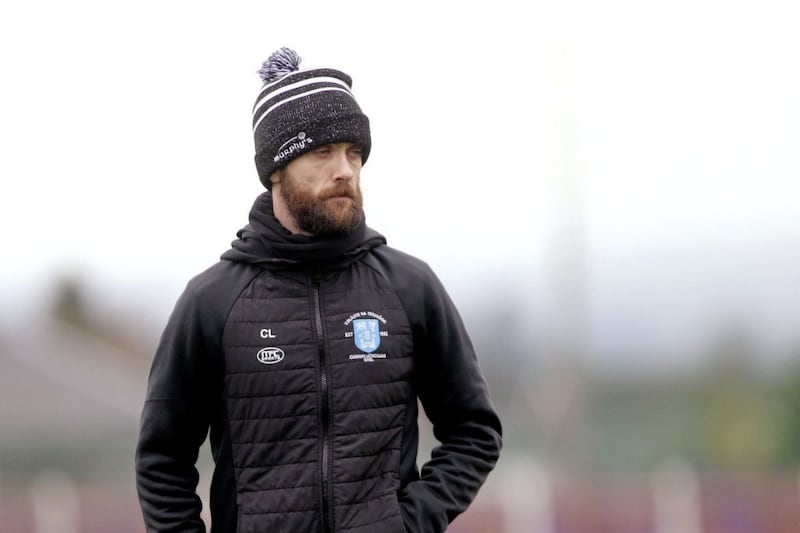LIKE many Gaels, I was looking forward to watching the documentary on Sean Boylan last week and it certainly didn’t disappoint.
Some observers may put a caveat on Meath’s achievements with a ‘but’. However, the fact Boylan led Meath to four All-Ireland titles over a 23-year tenure kind of tells its own story.
We will come to the ‘but’ later.
I have never met Sean Boylan.
All documentaries, no matter what the subject will give you a certain perspective, but Boylan seems like a genuinely nice individual. He seems to have a calm and natural demeanour, with no airs or graces and certainly no ego.
You probably would not command that sort of loyalty from players had you not been a person like Sean Boylan
He built two different teams, one at in the second half of the ’80s and another 10 years later that brought huge success – and don’t forget Meath reached a further three All-Ireland finals under Boylan as well.
The changing room is a pretty unforgiving place. These days managers can come and go on a whim without doing much wrong.
I have often found that the good ones have a grounded air about them.
A manager’s job is probably the most difficult in sport, and certainly the most difficult one in the GAA.
Simply put, there is no chance in today’s game that Sean Boylan would be afforded the support to last over two decades in the Meath job.
Boylan would not have lasted long enough to allow him to capture a third All-Ireland title today.
Meath had been beaten in All-Ireland finals in 1990 and 1991 and had watched Dublin win Leinster four years in-a-row, culminating in a Sam Maguire win in 1995.
Boylan had to be feeling the pressure from Meath fans and players in 1996 in particular.
Do not underestimate how much pressure can come from within a squad at that elite level.
Lads feeling they are not being played for whatever reason, the whole panel having to suffer while rival counties are winning titles; it all adds up.
If Boylan did waver, he certainly never showed it, nor did it appear to change him as a person.
I was a young fella when that great Meath team were starting out and by the late ’90s, Meath had built this fierce aura around them.
They brought a certain physicality to the game. Watching, you were sort of aware of this but then they also had players such as Colm O’Rourke, Bernard Flynn, Tommy Dowd – shoulders, no neck and a head – Trevor Giles, Ollie Murphy, Graham Geraghty in their forward lines. All brilliant in their own right.
One of my Meath memories is of the melee that took place in the 1996 All-Ireland final replay against Mayo and seeing Colm Coyle just running about clipping boys – and he was nowhere near the only one.
At the time, I didn’t see it as shocking, nor was I outraged.
We were always taught at home to stand up for yourself and, with a house full of lads, it was a case of every man for himself.
Some people may find this sort of attitude outrageous nowadays, but football has always been a game based on a mixture of bravery, toughness and skill.
I have been in a few underage and senior football melees over the years and they aren’t nice. There is nothing brave in sucker-punching or blindsiding a player.
The Compromise/International Rules games have been promoted heavily since the ’80s and part of the attraction, for supporters anyway, was the fighting that regularly broke out between the sides.
Whatever your world view, Meath were, fairly or unfairly, known as a ‘dirty’ side.
Yet Cork in 1990, Down in 1991 and Dublin from 1992 until 1996 had beaten Meath and none of those teams were known for being dirty.
Down were a big, strong, physical side – indeed they had club midfield players scattered throughout those winning teams of 1991 and 1994.
Meath were on the receiving end of plenty of criticism after 1996 All-Ireland semi-final against Tyrone due to a number of incidents, and then came the Mayo melee.
Meath certainly redefined the way to win an All-Ireland that year.
Like many managers, Sean Boylan turned a blind eye.
He defended his players and I think Boylan himself made peace with the fact that winning required a ruthless streak – it always has and it always will.
I suspect that Boylan didn’t feel the need to take players aside and privately tell them how to play the game or how to conduct themselves.
Because he knew that the game was about winning.
It may bother those from the outside, but the reality is that when you are winning, that is all that matters.
What I did hear from those former Meath players interviewed in Boylan’s documentary was the one that he preached one virtue I would love to see more managers promote nowadays: Unless you’re hurt, you never go down.
There was none of this head-holding stuff when someone is tackled, this rolling around when barely touched, this lying down and feigning injury to get players sent off.
Conversely, unless your head was hanging off, Boylan insisted you stay on your feet.
Is that sporting? I think so.
Meath were physical, yes – they never gave you an inch but they never asked for one either.
When you played against them, you knew what to expect.
But you know what? It made you a better player, a harder player.
Do you think Peter Canavan or Brian Dooher didn’t learn from 1996?
I bet they did and while they didn’t like it, or probably thank Meath for it, it caused them to hurt and that hurt was certainly useful when they battered Kerry in 2003 or came through close matches against Armagh in the same decade.
That’s life and sport – roll with the punches and become harder for it.








